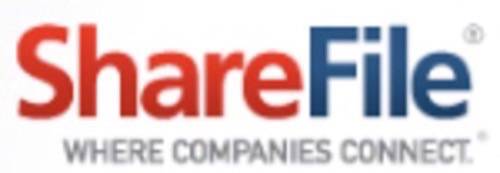The lines among file sending, collaboration and cloud drive services is blurring with announcements in the past month from two providers, YouSendIt and ShareFile. While it is nice to have choices, it is getting harder to figure out when to use one kind of service or another for your storage and transportation needs.

Before the notion of the cloud was popular in computing circles, there were numerous services that would allow you to send files without having to clog up your inbox, or in some cases avoid the file size restrictions for your particular email service. (Gmail, Hotmail and Yahoo all have 25 MB limits currently.) These services have gotten more feature-rich over the past seven or so years that they have been around, and the announcements from YouSendIt and ShareFile are just a natural evolution in this space.
YouSendIt is adding folders and synchronization to its service, and both companies are adding security features to better protect your files. YouSendIt is also the default file sending service inside of Yahoo Mail, and the company will provide its own client for Mac, Windows and iOS to handle the sync features. The Mac version, and an Android client will be available later this summer.
What this means is that like the cloud drive services such as Box.net and Dropbox, with YouSendIt you can set up a shared online folder (as you can see in the screenshot above) and have several colleagues access the files there. To make sharing easier, your recipients can just get a URL to access the file and don’t need to register for the service, something that Google Docs can’t easily do. Multiple users can sync to this shared folder so that a project team can stay in touch and have a common document repository. This is a feature found in many of the collaboration tools such as Backpack, Socialtext and Moxie, just to name a few.

YouSendIt is also adding document signing, with just a simple click of the button, ensuring that a document wasn’t tampered in transit. They have changed their pricing structure somewhat but still have a free Lite version and a $15 monthly plan for unlimited storage. The issue is that the free version is limited to sending 50 MB files (pro can go to 2 GB).
Earlier this month, ShareFile announced they have expanded its product suite to include multiple enterprise features, including Active Directory integration, increased security options, enhanced logging and reporting, and better tools for managing larger numbers of users. They offer four different monthly plans starting at $30 and quickly zooming into the stratosphere, or at least triple digits. Users can activate, authenticate, create and update their ShareFile accounts against their Active Directory logins, and multi-level administrators can be set, granting granular permissions. You can also set expiration dates for each user account and log activities on each account to an administrator.

















